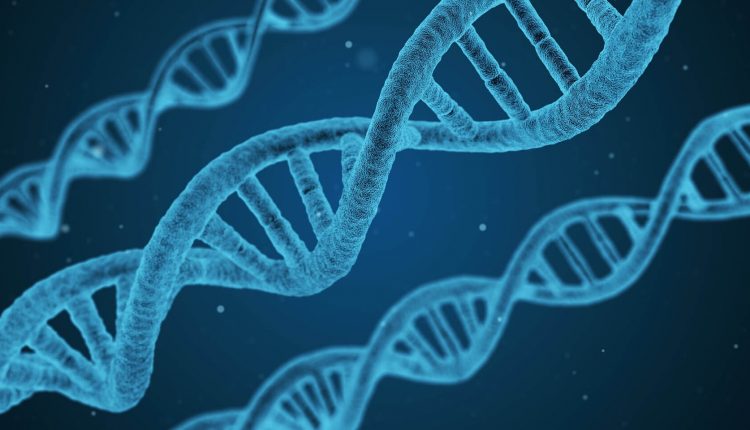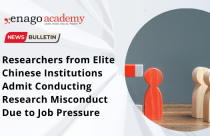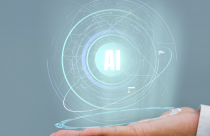China Launches Inquiry Into Claims of Creating World’s First Gene-edited Babies

China’s entry onto the global scientific stage has been both rapid and significant. As the country has increased spending and investment in science and research, Chinese scientists have made great discoveries and progress. Now, a Chinese scientist has sent shockwaves throughout the research community with his claim to have created the world’s first gene-edited babies using CRISPR technology. The announcement was met with criticism and concern from government officials, researchers, and the public alike. What does this mean for the future of Chinese science, and humanity as a whole? Today we look at the story behind this shocking development and China’s inquiry into the situation.
The World’s First Gene-Edited Babies?
A shocking announcement was made the day before the Second International Summit on Human Genome Editing. Chinese scientist He Jiankui announced in Hong Kong that he had created the world’s first genetically engineered babies. He claimed that he had used CRISPR, a tool that can delete, edit, or replace DNA, to create twin girls resistant to Human Immunodeficiency Virus (HIV). HIV, the virus that causes AIDS, is one of the much dreaded microorganisms in today’s world. However, he hasn’t published the research in any journal, nor shared evidence with other scientists of his work.
Research Community Turned Furious
The reaction to He’s announcement was overwhelmingly negative. He claimed that his project had been approved by an ethics committee at Harmonicare Shenzhen women and children’s hospital. However, the hospital itself denied any involvement in the endeavor. Two days after the announcement, China’s National Health Commission stated it had “immediately requested the Guangdong Provincial Health Commission to seriously investigate and verify” the claims made by He Jiankui. Xu Nanping, a vice-minister for science and technology in China, called the experiment a “blatant violation of China’s relevant laws and regulations”.
The Ethics of Gene Editing
Why were the reactions to He’s experiment so overwhelmingly negative? The first issue is that the impacts of gene editing in humans is yet unknown. Julian Savulescu, a professor of practical ethics at the University of Oxford, called the experiment monstrous. He pointed out that the embryos were healthy with no known disease, and gene editing is still capable of causing genetic problems early and later in life. Moreover, there are many existing ways to prevent babies from contracting HIV from their parents. Doing so via gene editing exposes the children to risks for no real benefit. Editing the genes of embryos also means that any unexpected mutations or changes could be passed onto future generations.
There have also been reports that the parents believed they were participating in an HIV-vaccine trial, rather than a gene editing experiment. Feng Zhang, one of the inventors of the Crispr-Cas9 system and a core member of the MIT Broad Institute. He said that He’s actions were not transparent. In fact, they were against the community’s consent, and do not represent science. A group of more than 120 Chinese scientists released a statement condemning He’s work.
What Now?
As of now, He’s claims are still unverified and investigations underway. If his claims are true, what will it mean for science? The field of gene editing is one with great potential to benefit humans. However, the wide availability of CRISPR technology means the community should implement strict norms and ethics to prevent such an experiment from taking place again. It is critical for scientists and researchers to work together with lawmakers to ensure that regulations keep pace with scientific developments. Regardless of whether He’s claims are true, the incident as a whole highlights the need for a robust ethical framework to guide research in this field.
What do you think of He’s experiment? What steps can the scientific community take to prevent such an incident from recurring?Please let us know your thoughts in the comments section below.









